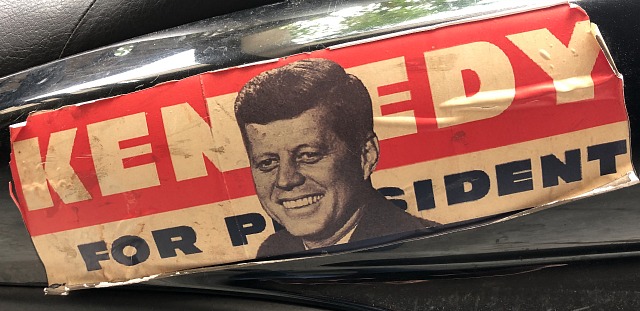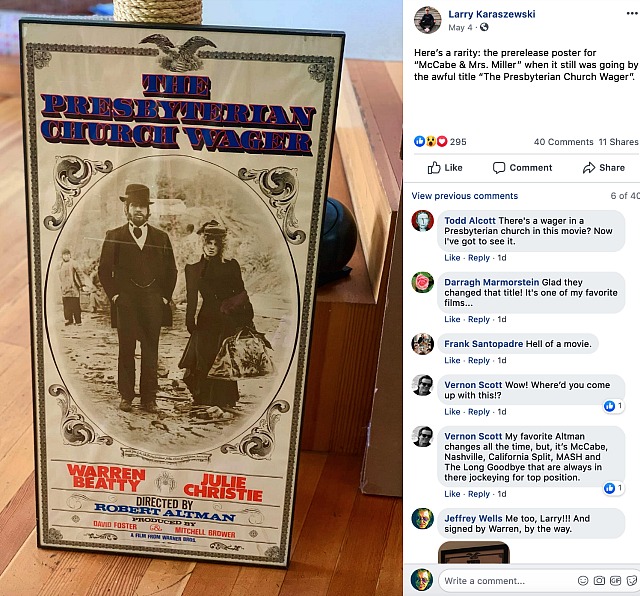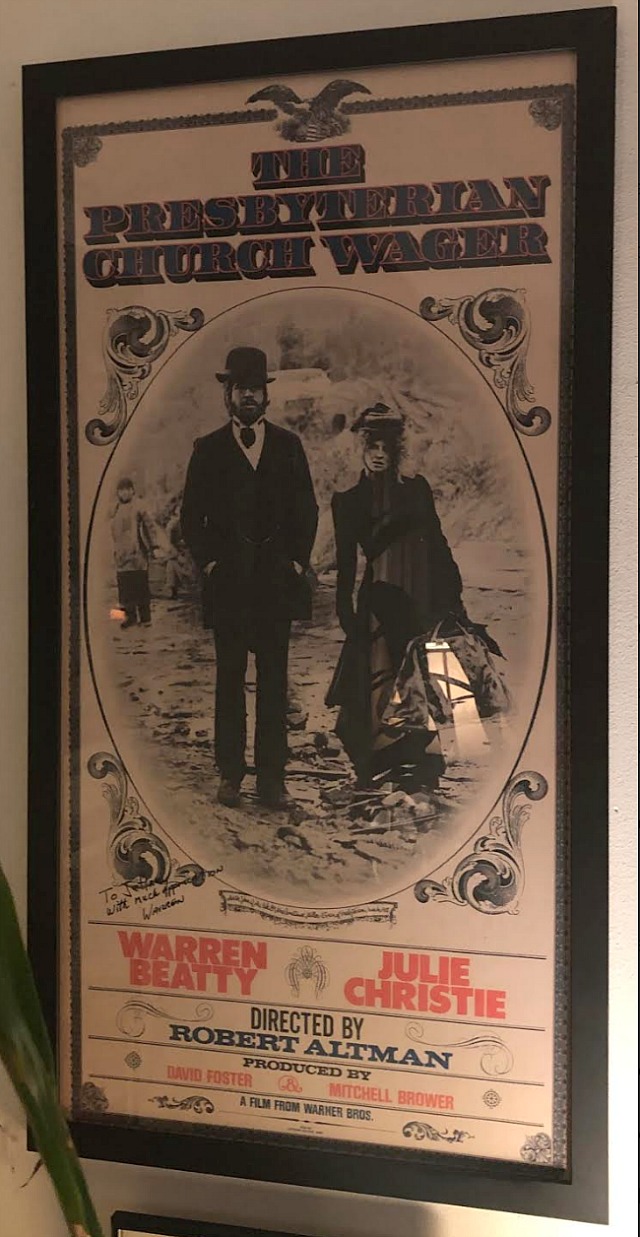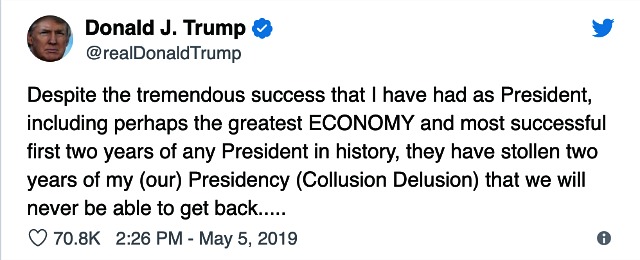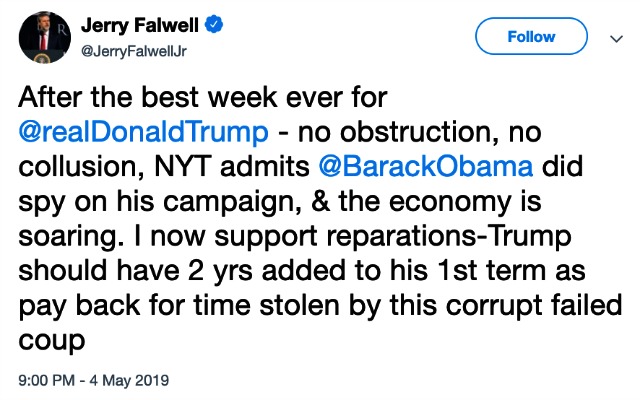Roughly three or four years ago, the lefty-elite wokester era of filmmaking and film criticism began. How long it will last is anyone’s guess, but the guiding theme or mission of wokester cinema and wokester criticism is to (a) instruct by dramatizing social problems and (b) inspirational contrarian responses to said problems by women, POCs and LGBTQs. Resistance, progressive enlightenment, representation, etc. Fuck the white-guy oppressors.
Wokesterism is roughly similar to the WPA-funded social realism phase which happened among painters and art critics in the late 1920s and 1930s. Then as now, the idea is to produce art that “draws attention to the real socio-political conditions” of those who’ve dealt with socio-economic oppression “as a means to critique the power structures behind these conditions.” The quotes are taken from the social realism chapter in a reputable art history site, but they bear a certain similarity to the here-and-now.
As we all know the modern art movement began with the first stirrings of French impressionism, which began to manifest in the late 1860s and 1870s (Claude Monet, Pierre-Auguste Renoir, Édouard Manet, Edgar Degas, Paul Cezanne) and was really off to the races by the 1880s, which is when Vincent Van Gogh and Paul Gaugin got rolling. Then came Post-Impressionism, Expressionism, Cubism, Dada-ism, Surrealism, etc.
And then came the German Depression of the ’20s and the Great Depression of 1929, and suddenly the whole modern art movement was more or less called off — suspended, put on hold — for the noble and celebrative common-man proclamations of social realism, which became the whole show throughout the ’30s. Largely government-funded art that celebrated the proletariat struggle while portraying tensions between working people and the oppressive, hegemonic forces of heartless capitalism.
Social realism ended with the beginning of WWII and certainly the winning of that conflict, and then came Abstract Expressionism (Franz Kline, Clyfford Still, Hans Hofmann, Willem de Kooning, Jackson Pollock, Mark Rothko), Pop Art, Photorealism and whatever the fuck followed.
I don’t have the first clue whether Wokesterism is any kind of current in the presently-configured art world, but I know for sure that it’s ruling the roost as far as indie movies are concerned — indie-level, Sundance-aspiring cinema coupled with your rank-and-file wokester critics doing the obligatory fawn whenever and however they can. Because the progressive zeitgeist insists that they do. Because, frankly, their jobs depend on it.
As Sasha Stone noted today, we’re living in “the era of the hive mind.”


